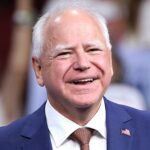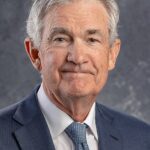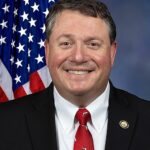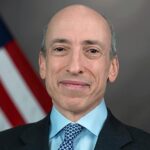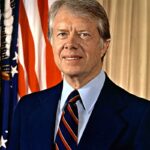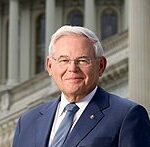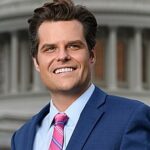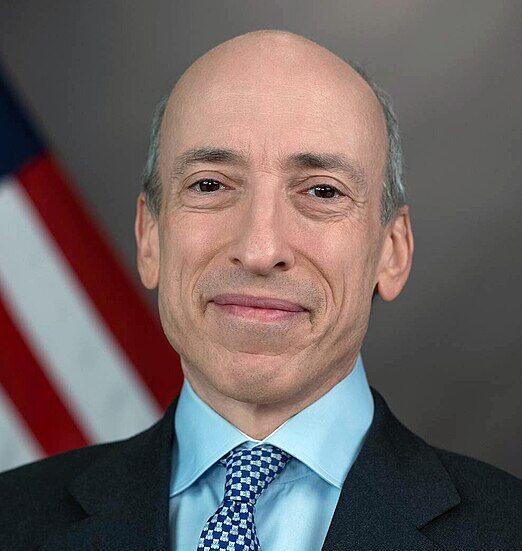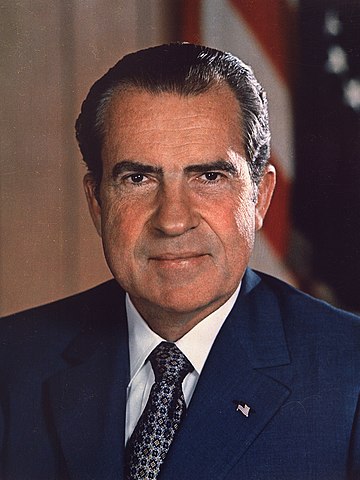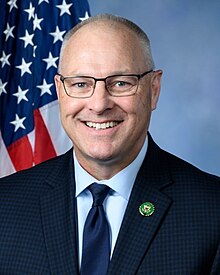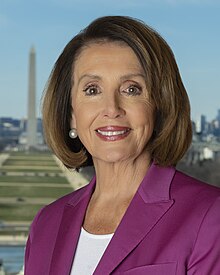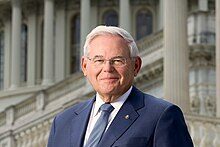Tim Walz, the 41st Governor of Minnesota, has built his career as a leader focused on education, public service, and pragmatic governance. A former educator and military veteran, Walz has emphasized bipartisanship and a commitment to progressive ideals during his tenure. While his leadership has seen accomplishments in education, healthcare, and infrastructure, he has also faced criticism over his handling of economic disparities, public safety, and pandemic response.
Early Life and Education
Humble Beginnings in Nebraska
Born on April 6, 1964, in West Point, Nebraska, Timothy James Walz grew up in a small, rural community where he learned the values of hard work and public service. His parents were active in their community, instilling in him a deep respect for civic engagement.
Education and Military Service
After high school, Walz attended Chadron State College, earning a degree in social science education. Later, he served in the Army National Guard for 24 years, retiring as a Command Sergeant Major. His military service is often highlighted as an example of his leadership and dedication to the country.
Career as an Educator
Teaching High School in Minnesota
Before entering politics, Walz worked as a high school teacher in Mankato, Minnesota, teaching geography and history. His passion for education earned him recognition as Minnesota’s Teacher of the Year finalist, reflecting his commitment to preparing students for the future.
Advocating for Educational Equity
Walz’s teaching career shaped his belief in the transformative power of education, a theme that would carry over into his political priorities. However, some critics argue that his policies as governor have struggled to address systemic inequities in the state’s education system.
Tim Walz’s Political Journey
First Steps into Politics
Walz entered politics in 2006 when he was elected to represent Minnesota’s 1st Congressional District. As a Democrat in a largely conservative area, his ability to connect with diverse voters was a testament to his pragmatic approach.
Congressional Tenure and Key Achievements
During his six terms in Congress, Walz focused on veterans’ affairs, healthcare, and rural development. However, his voting record sometimes drew criticism from both sides of the aisle, with progressives accusing him of being too moderate and conservatives labeling him as out of touch with rural constituents.
Becoming Governor of Minnesota
Election and Transition to Statewide Leadership
In 2018, Walz was elected governor with a platform focused on improving education, expanding healthcare access, and addressing infrastructure challenges. His campaign emphasized unity and collaboration, promising to bridge divides in a politically polarized state.
Leadership Style
Walz’s leadership style is often described as pragmatic and empathetic, though critics argue that his tendency to prioritize consensus-building can delay decisive action on pressing issues.
Key Policies and Achievements
Healthcare Reform
Expanding Access to Affordable Care
Walz has championed expanding healthcare access, including support for initiatives like the MinnesotaCare public option. While these efforts have improved coverage for some residents, critics argue that rising costs and disparities in rural healthcare remain unresolved.
COVID-19 Response
Walz’s handling of the COVID-19 pandemic was marked by aggressive measures, including lockdowns and mask mandates. While he received praise for prioritizing public health, these actions sparked backlash from business owners and conservative lawmakers, who accused him of overreach and harming the state’s economy.
Education and Workforce Development
Investing in Schools and Teachers
Walz has prioritized funding for public education and early childhood programs, positioning Minnesota as a leader in student achievement. However, the state’s persistent achievement gap between white and minority students remains a significant challenge.
Workforce Initiatives
His administration has also invested in workforce training programs to prepare Minnesotans for a changing economy, though critics argue these efforts lack the scale needed to address widespread economic inequality.
Climate and Infrastructure Policy
Clean Energy Goals
Walz has set ambitious clean energy goals, including a plan to make Minnesota’s electricity carbon-free by 2040. While these initiatives are commendable, opponents question their feasibility and potential impact on energy costs for consumers.
Infrastructure Investments
Under Walz’s leadership, the state has increased investments in roads, bridges, and public transit. However, some argue that rural areas have been overlooked in favor of urban projects, deepening regional disparities.
Challenges and Criticisms
Public Safety and Crime
Minnesota has experienced rising crime rates during Walz’s tenure, particularly in urban areas like Minneapolis. Critics argue that his response has been reactive rather than proactive, failing to adequately address public concerns about safety and police reform.
Economic Disparities
While Walz has promoted initiatives to support small businesses and working families, critics contend that his administration has not done enough to tackle the rising cost of living and housing affordability issues that disproportionately affect middle- and lower-income Minnesotans.
Political Polarization
Walz has sought to govern as a unifier, but his tenure has highlighted the challenges of bridging divides in a politically diverse state. Critics on the right accuse him of catering to progressive urban interests, while those on the left say he has not pushed hard enough for transformative change.
Legacy and Impact
Balancing Progress with Challenges
Tim Walz’s tenure as governor reflects a balance of achievements and shortcomings. While his focus on healthcare, education, and clean energy has brought tangible improvements, unresolved issues like economic inequality and public safety underscore the complexity of governing in a divided state.
Long-Term Vision
As Walz looks toward the future, his ability to implement lasting change will depend on addressing the needs of all Minnesotans, particularly those in rural and underserved communities. His legacy will ultimately be defined by whether he can turn his pragmatic ideals into meaningful, widespread impact.
Conclusion
Governor Tim Walz has brought a steady hand to Minnesota’s leadership during turbulent times, yet his administration faces significant challenges in achieving equitable economic growth and public safety reforms. While his policies reflect a genuine effort to address pressing issues, critics argue that his approach sometimes lacks the boldness needed to enact transformative change. Moving forward, Walz must navigate these criticisms while building on his achievements to leave a lasting impact on the state.
